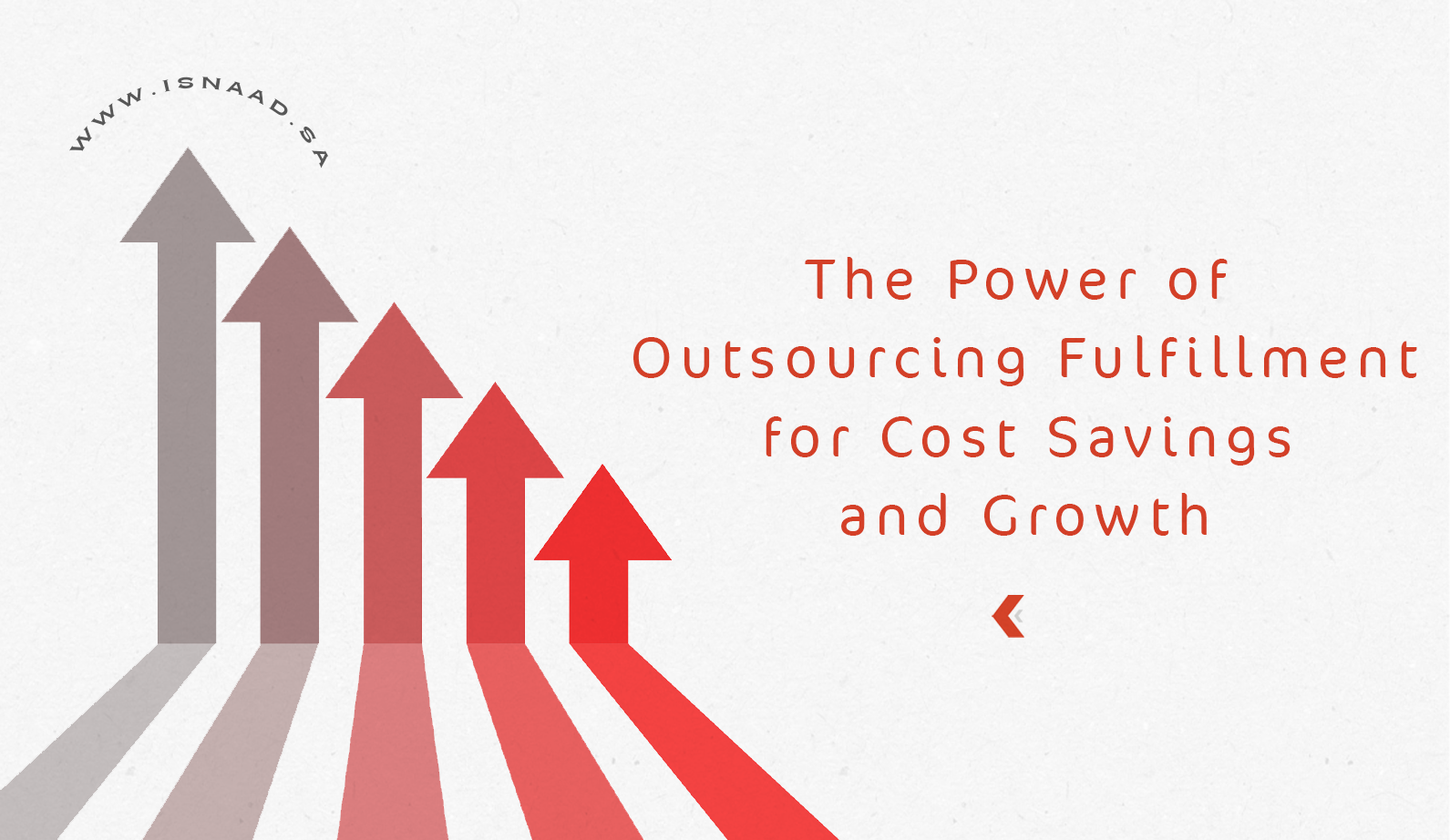The Power of Outsourcing Fulfillment for Cost Savings and Growth
In the fast-paced world of business, companies are constantly seeking innovative strategies to drive growth, reduce costs, and enhance customer satisfaction. One strategy that has proven to be highly effective is outsourcing fulfillment operations. By partnering with specialized third-party providers, businesses can tap into a range of benefits, including significant cost savings and accelerated growth opportunities. In this article, we will explore why outsourcing fulfillment is a game-changer, supported by real-world statistics and examples of successful companies that have embraced this approach.
Cost Savings:
1.1. Real Statistics:
Outsourcing fulfillment operations can lead to substantial cost savings. According to a study by McKinsey & Company, companies that outsource their fulfillment functions can reduce costs by 10-30%. These savings arise from factors such as reduced infrastructure expenses, optimized inventory management, and economies of scale achieved through consolidated shipping.
1.2. Real Company Example: Amazon:
One of the most prominent examples of a company that has successfully leveraged outsourcing fulfillment is Amazon. Through its Fulfillment by Amazon (FBA) program, the company allows sellers to store their products in Amazon's warehouses and fulfill orders on their behalf. By utilizing Amazon's extensive logistics network and expertise, sellers can benefit from reduced storage costs, faster order processing, and access to Amazon's vast customer base. This model has propelled Amazon's growth and established it as a global e-commerce leader.
Scalability and Flexibility:
Outsourcing fulfillment provides businesses with the agility to scale operations rapidly and adapt to changing market demands.
2.1. Real Statistics:
According to a survey by the eCommerce Foundation, 71% of businesses cited scalability as a key reason for outsourcing their fulfillment operations. This ability to scale up or down quickly without incurring additional infrastructure costs or workforce fluctuations enables companies to respond efficiently to seasonal peaks, promotions, and market fluctuations.
2.2. Real Company Example: Shopify:
Shopify, a leading e-commerce platform, offers its merchants the option to outsource fulfillment through its partnership with third-party logistics providers like ShipBob and Red Stag Fulfillment. By leveraging these partnerships, Shopify merchants can seamlessly manage their order fulfillment processes while focusing on growing their businesses. This scalable fulfillment solution has played a pivotal role in Shopify's success, enabling them to empower thousands of entrepreneurs worldwide.
Access to Expertise and Technology:
Outsourcing fulfillment allows businesses to tap into specialized expertise and advanced technology, driving operational efficiency and customer satisfaction.
3.1. Real Statistics:
A survey conducted by Inbound Logistics revealed that 68% of companies outsource fulfillment to gain access to specialized expertise and technology. By partnering with fulfillment providers who specialize in logistics and supply chain management, businesses can leverage their expertise and cutting-edge tools to optimize processes, enhance order accuracy, and improve overall efficiency.
3.2. Real Company Example: Zappos:
Zappos, a renowned online footwear and clothing retailer, achieved remarkable success by outsourcing its fulfillment operations. By partnering with a third-party logistics provider, Zappos was able to focus on its core competency of providing exceptional customer service. This strategic decision allowed them to prioritize delivering a delightful customer experience while leaving the logistics intricacies to the experts. The result was enhanced operational efficiency, faster order processing, and a loyal customer base.
Conclusion:
The decision to outsource fulfillment operations can be a game-changer for businesses aiming to achieve cost savings and accelerate growth. Real statistics and examples of successful companies demonstrate the tangible benefits of outsourcing fulfillment, such as reduced costs, scalability, and access to expertise and technology. Industry giants like Amazon and Shopify, as well as success stories like Zappos, have reaped the rewards of embracing outsourcing. By capitalizing on the specialized capabilities of fulfillment providers, businesses can streamline operations, enhance customer satisfaction, and propel their growth in an increasingly competitive market.

